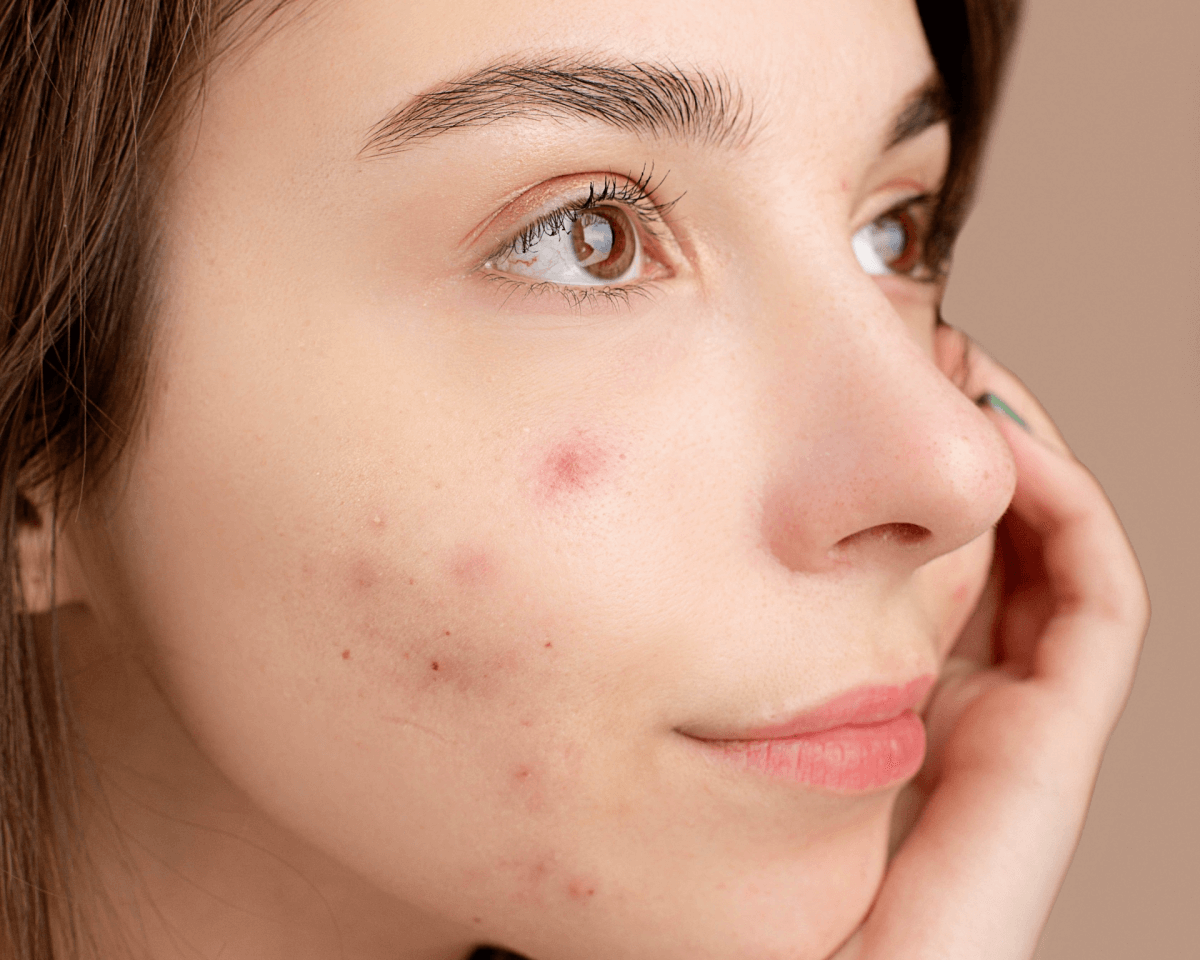If you have acne or have an acne/breakout-prone skin, you have probably heard millions of times by everyone (many unsolicited advice) to have a special face wash for acne, to cleanse your skin every day and to never use any oils. What you probably haven't heard so much is that traditional face wash and cleansers can be making your acne worse. Read this article to learn more about what's the problem with cleansers and how you should keep your acne-prone skin healthy
Cleansers remove your natural oils...
When we are using traditional face wash or cleansers, they strip off the natural oils of your skin and remove your natural skin barrier. This is why after cleansing, the skin can feel tight and dry. Without a natural skin barrier, the skin looses the ability to retain moisture and balance itself (more on the natural oil barrier here). It also makes it more vulnerable to irritants and microbial invasions, which could be the cause of your acne. We then replace the natural oils with moisturisers that contain emollients, fragrances and preservatives that don't belong to your skin composition and can create further damage.
Your skin overproduces sebum...
Not only cleansers can damage and expose your skin, but also the lack of natural oils will make your skin over-produce sebum to compensate for what has been stripped away. In an attempt to rebalance, your skin will start over-producing more oil. Research has found that people with acne have in average more (59%) sebum in their skin (Pappas et al. 2009, source: here). So if you use soaps and cleansers as a face wash for acne, consider if this kind of overproduction sounds familiar to you. For more detailed information on skin face wash, visit this blog post.
Skin with acne lacks linoleic acid in the skin barrier
Moreover, scientific research in dermatology has found that people with acne do not contain enough linoleic (omega-6) fatty acid (Downing et al. 1986, source: here). Linoleic acid is an essential fatty acid that plays a very important role on the skin barrier, it contributes on the formation of ceramides, repairing the skin barrier and reducing breakouts. Research says:
"Although people with acne have consistently been observed to have elevated levels of sebum secretion [...], acne patients have also been shown to have low levels of linoleic acid in their skin surface lipids." - (Downing et al. 1986, source: here)
So, how should I cleanse my acne/breakout-prone skin?
Instead of using what is considered a traditional face wash for acne (stripping off your skin oils), you can use an oil cleanser that is rich in linoleic acid, which will rebalance your acneic skin composition and gently cleanse your skin without disturbing the natural skin barrier.
At Qualia we make all-purpose oil formulas, tailor-made with different actives depending on your skin concerns. We offer a skin formula that cleanses, moisturises and protects your skin, so you can reduce the number of products we use and achieve a balanced skin. Qualia is a more holistic and integrative way of cleansing the skin.
Our formulas dealing with acne, breakout prone skin are high in oils that contain linoleic acid and with the right active ingredients targeting your own unique concerns, so far we've had great results! Take our online skin quiz to get a tailored-made formula.
If you know someone who would find this post helpful, please share it!




